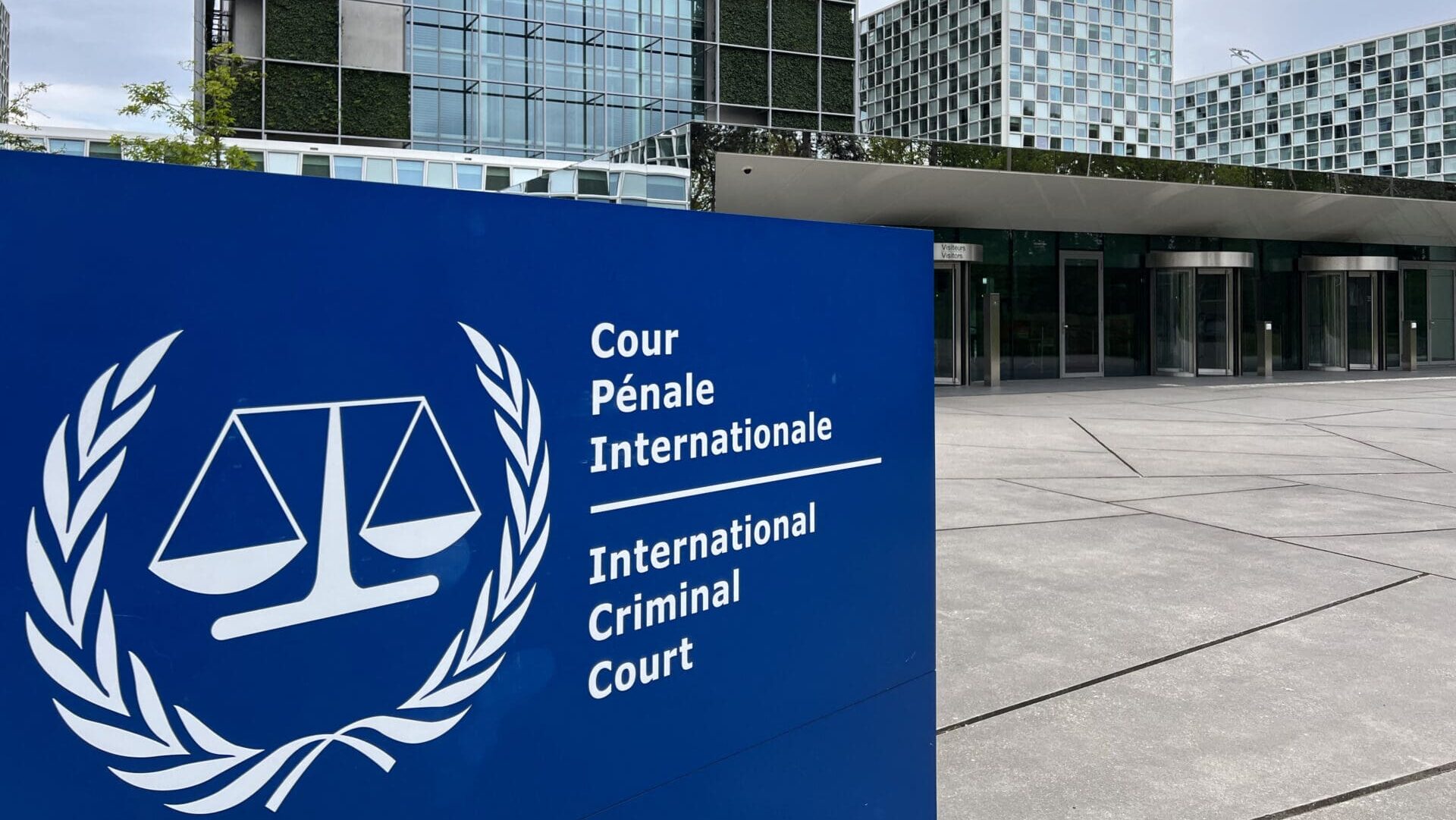According to left-leaning news website 24.hu, two days after the Chief Prosecutor of the International Criminal Court (ICC) requested an arrest warrant for Israeli Prime Minister Benjamin Netanyahu, Hungarian Prime Minister Viktor Orbán instructed three of his ministers to investigate the potential consequences of Hungary leaving the ICC’s jurisdiction. At a cabinet meeting on 22 May, Orbán apparently tasked Gergely Gulyás, Minister leading the Prime Minister’s Office, Bence Tuzson, Minister of Justice, and János Bóka, Minister for EU Affairs, with conducting this inquiry. The investigation reportedly focused particularly on the implications for the European Union.
In response to a query from 24.hu, the Press Office of the Prime Minister’s Office stated: ‘The International Criminal Court, which addresses crimes against humanity, has recently made several decisions that are not legal but clearly political, thereby undermining the authority of the organization.
Hungary rejects the use of international courts as a political tool.’
It is not clear from the response which decisions were being referred to, but it is highly likely they were alluding to ICC Chief Prosecutor Karim Khan’s request for an arrest warrant against Benjamin Netanyahu. As reported by Hungarian Conservative, on 20 May, Khan mentioned in an exclusive interview with CNN that he had requested the issuance of arrest warrants from the ICC for Netanyahu, Israeli Defence Minister Yoav Gallant, Hamas leader in Gaza Yahya Sinwar, and two senior Hamas leaders: Mohammed Diab Ibrahim al-Masri, leader of the Al Qassam Brigades, and Ismail Haniyeh, the political leader of Hamas, among others.
Khan told CNN that the charges against Netanyahu and Gallant include causing extermination, using starvation as a method of warfare, including the denial of humanitarian relief supplies, and deliberately targeting civilians during the conflict.
Viktor Orbán subsequently criticized the Chief Prosecutor’s decision in a post on X, describing it as ‘absurd and shameful.’
On the same day the 24.hu article was published, Hungarian Minister for Foreign Affairs and Trade Péter Szijjártó shared a Facebook post stating that Hungary considers the ICC’s decision against Israel’s prime minister and defence minister to be nonsensical and politically motivated.
The ICC Chief Prosecutor’s proposal against Prime Minister @netanyahu is absurd and shameful. Such initiatives will not bring the Middle East closer to peace, but only fuel further tensions.
— Orbán Viktor (@PM_ViktorOrban) May 20, 2024
Another recent decision of the ICC, which received considerable international attention, was the issuance of an arrest warrant for Russian President Vladimir Putin in March 2023 for war crimes committed in Ukraine. It is important to underline that, unlike Putin’s, the case against Netanyahu has not yet been decided.
A Strange Situation: ICC Is Not Part of the Hungarian Legal System
The Rome Statute established the ICC in 2002, and Hungary is a party to the treaty. However, as Index pointed out, the Statute has never been promulgated in Hungary. This omission is due to the Statute’s inconsistency with the Hungarian Fundamental Law, which stipulates that only the Constitutional Court can rule on criminal cases involving the President of the Republic.
Under the Fundamental Law, which came into force in 2012, the Constitutional Court can remove the President of the Republic from office for intentional criminal offences if a fifth of the members of Parliament propose it and Parliament votes in favour by a two-thirds majority. Following impeachment, the former President of the Republic can be prosecuted. However, this constitutional provision contradicts the operating principle of the International Criminal Court, which permits the international prosecution of the Hungarian head of state without these constraints. This is precisely why Hungary has not promulgated the Rome Statute since 2001, as
it would infringe upon the immunity of the President of the Republic.
The ICC currently has 124 member states, including all European countries except Türkiye, Belarus, the Vatican, and Monaco. However, the United States, Russia, China, Ukraine, and Israel, among others, are not members.
In the working paper on the PM’s memorandum, allegedly seen by 24.hu, it is mentioned that the ratification of the Statute is not a requirement of the EU, and there is no such legal obligation. However, it is stressed that withdrawal from the Statute would have negative international repercussions and would be considered a retrograde step in terms of the EU’s ability to meet its international obligations.
Hungarian Conservative contacted the Press Office of the Prime Minister’s Office on the matter, but we have not yet received a response.
Related articles:








